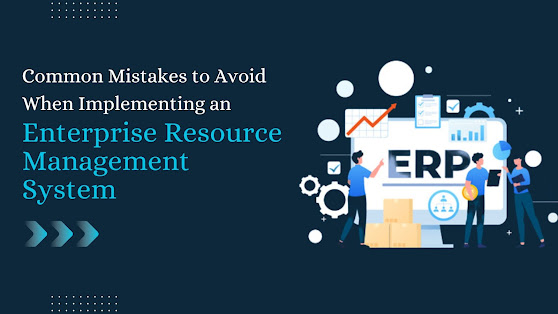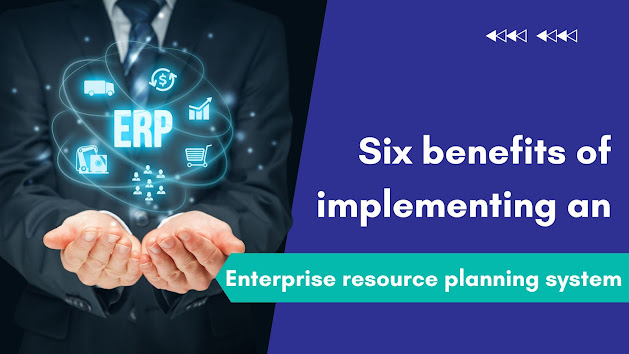How Enterprise Resource Management Systems Enhance Productivity

In today's fast-paced business environment, staying competitive means maximizing productivity at every opportunity. As organizations strive to streamline operations and optimize resource utilization, the role of Enterprise Resource Management System (ERMS) becomes increasingly vital. These systems, also known as Enterprise Resource Planning (ERP) systems, are transforming the way businesses manage their resources, from finances and human capital to inventory and production. Let's delve into how ERMS are enhancing productivity across various sectors. 1. **Efficient Resource Allocation**: One of the key features of ERMS is their ability to centralize data and provide real-time insights into resource utilization. By integrating various departments and processes into a single system, ERMS enable businesses to allocate resources more efficiently. For example, in manufacturing, ERMS can optimize production schedules based on inventory levels, demand forecasts, and machine capacities...

